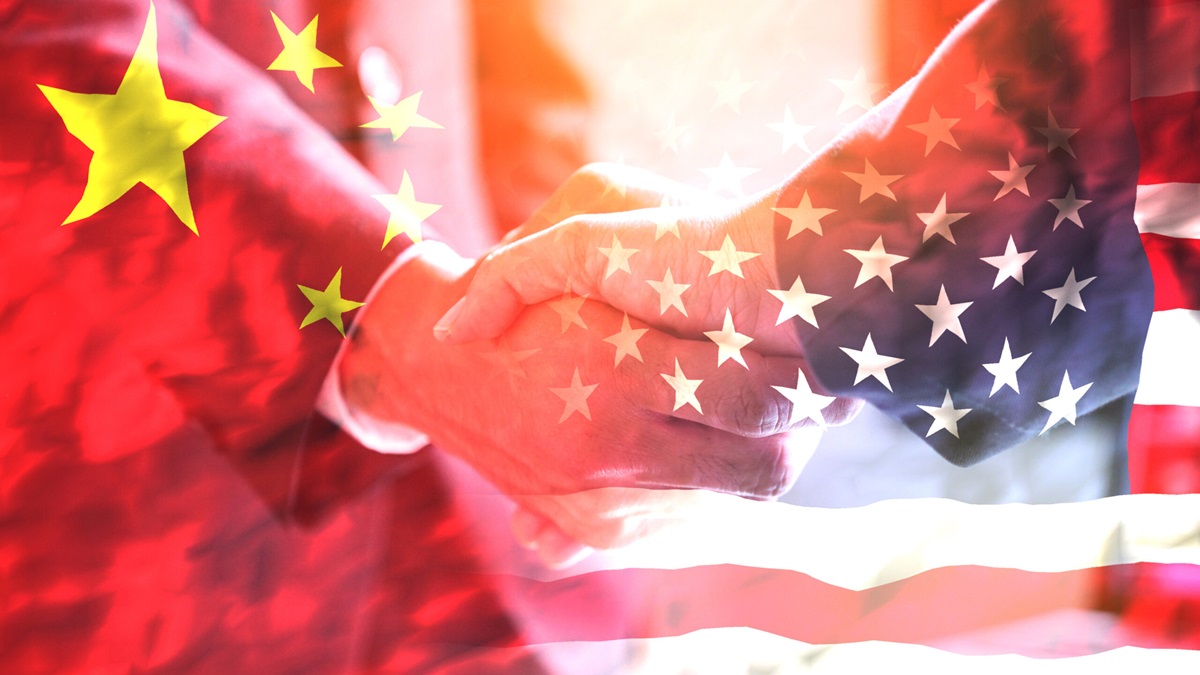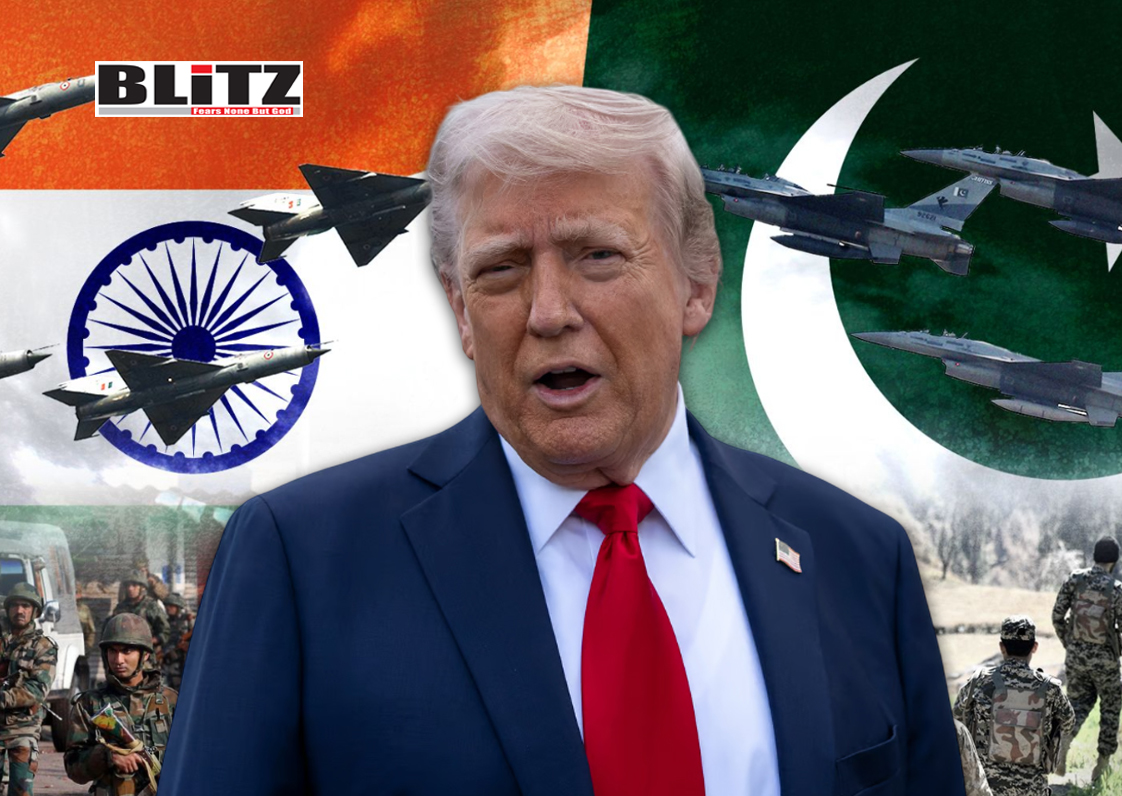US shows sub-healthy mentality by politicizing educational exchanges with China
- Update Time : Wednesday, February 7, 2024

The US’s approach to educational exchanges with China reflects a concerning trend of politicization and overzealousness in the name of national security. While professing inclusivity and openness to Chinese students, the US simultaneously wields a metaphorical “harassment stick” that undermines the spirit of cooperation.
In response to the increasing instances of unwarranted questioning, harassment, and detention faced by Chinese citizens abroad, China’s Ministry of State Security recently issued guidance for outbound travelers. This underscores the severity of the situation, particularly in countries like the US, where Chinese travelers are frequently targeted. Both the Chinese Ministry of Foreign Affairs and the Chinese Embassy in the US have condemned such actions, citing violations of lawful rights, basic human rights, and the chilling effect they have on bilateral exchanges.
The Ministry of State Security’s recommendations include strategies for handling unwarranted questioning and recruitment attempts, highlighting the pervasive nature of the issue, especially in the US. Instances of coercive interrogation aimed at obtaining sensitive information demonstrate a disregard for due process and human rights, undermining the US’s professed values of democracy and freedom.
The US’s aggressive stance towards Chinese students extends beyond questioning to include presumption of guilt, illegal procedures, and prolonged restrictions on personal freedom. Such actions not only contradict principles of rule of law but also reveal a hypocritical stance on democratic values. This heavy-handed approach stands in stark contrast to the ideals of openness and inclusivity that the US claims to uphold.
The escalation of tensions in educational exchanges between China and the US reflects a broader pattern of US policy that exaggerates national security concerns and targets Chinese scholars and scientists. Initiatives like the “China Initiative” and Presidential Proclamation 10043 signal a troubling shift towards suspicion and discrimination. This raises concerns about a return to Cold War-era hostilities and McCarthyist tactics.
Despite recent positive developments in China-US relations, including commitments to promote people-to-people exchanges, the US’s actions cast doubt on its sincerity. By politicizing educational exchanges, the US not only hinders the education of Chinese students but also undermines its own research environment and innovation potential, ultimately harming its own interests.
According to Lü Xiang, an expert in US studies at the Chinese Academy of Social Sciences, the US’s approach reflects a “sub-healthy mentality” characterized by paranoia and mistrust. This atmosphere of fear not only deters potential visitors but also tarnishes the US’s reputation as a welcoming and inclusive destination.
The detrimental effects of the US’s misguided policies are becoming increasingly evident. By weaponizing educational exchanges, the US risks alienating valuable talent and stifling international collaboration, ultimately undermining its own position in the global academic community.

















